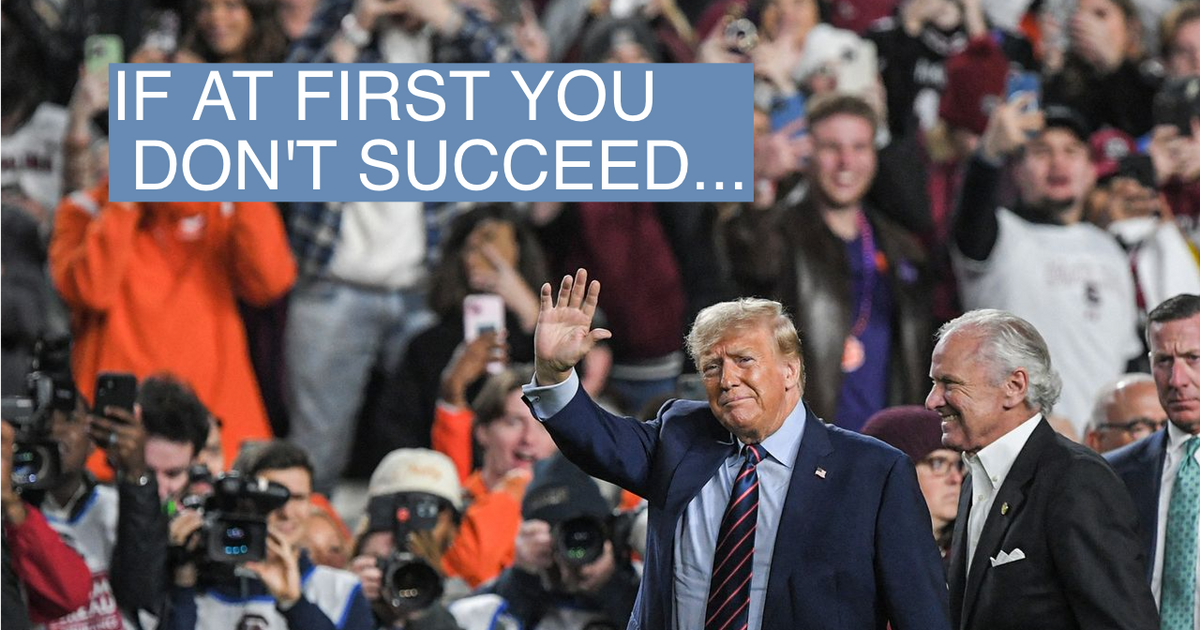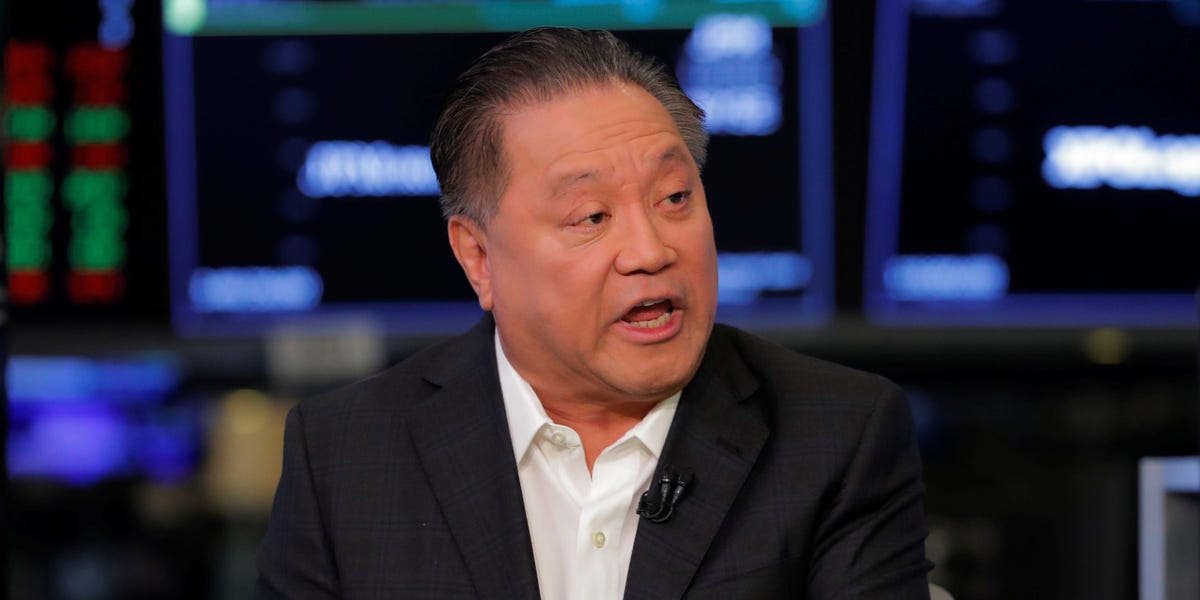

Thanks for your response. I realize I muddied the waters on my question by mentioning exact copies.
My real question is based on the ‘everything is a remix’ idea. I can create a work ‘in the style of Banksy’ and sell it. The US copyright and trademark laws state that a work only has to be 10% differentiated from the original in order to be legal to use, so creating a piece of work that ‘looks like it could have been created by Banksy, but was not created by Banksy’ is legal.
So since most AI does not create exact copies, this is where I find the licensing argument possibly weak. I really haven’t seen AI like MidJourney creating exact replicas of works - but admittedly, I am not following every single piece of art created on Midjourney, or Stable Diffusion, or DALL-E, or any of the other platforms, and I’m not an expert in the trademarking laws to the extent I can answer these questions.















This is a fantastic article.